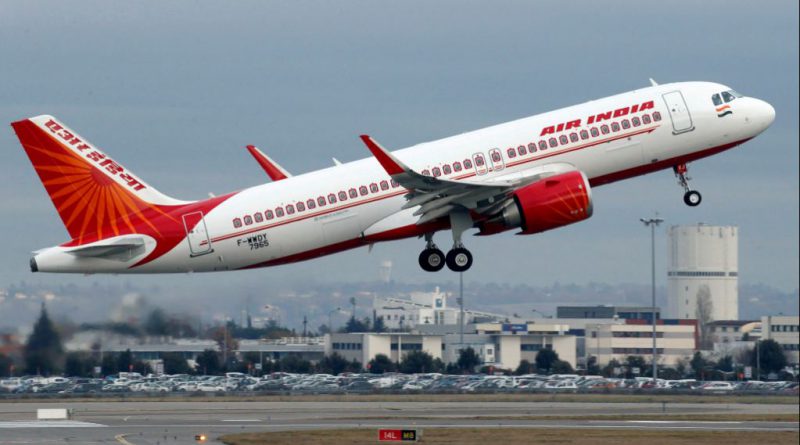Air India’s Commitment to Safety: Ensuring the Reliability of Boeing 787 Operations
Mumbai – India’s aviation sector continues to demonstrate a strong commitment to safety and operational excellence, as recent developments highlight proactive measures being taken to safeguard passengers and crew.
The Federation of Indian Pilots (FIP) has called for a thorough inspection of the electrical systems of all Boeing 787 aircraft operating in India, emphasizing the aviation community’s dedication to continuous improvement and rigorous safety standards.
This call follows a recent Air India flight from Amritsar to Birmingham that successfully deployed the Ram Air Turbine (RAT) during the final approach. The RAT is an emergency system designed to provide backup power in case of a dual engine or total electrical/hydraulic failure.
The fact that the aircraft safely completed its landing, with all electrical and hydraulic systems functioning normally, demonstrates both the reliability of modern aviation systems and the professionalism of the crew in managing complex scenarios.
The incident underscores the importance of continuous safety monitoring and review. The FIP’s request to the Directorate General of Civil Aviation (DGCA) to thoroughly inspect Boeing 787 electrical systems is part of an ongoing effort to ensure the highest levels of passenger safety.
By advocating for comprehensive reviews and preventive measures, the pilots’ body reinforces India’s aviation sector as a model of proactive risk management and operational diligence.
Air India has confirmed that the AI 117 flight landed safely and has been grounded for additional inspections. This careful approach reflects the airline’s commitment to transparency and rigorous adherence to safety protocols.
The use of emergency systems such as the RAT illustrates the advanced technological safeguards built into modern aircraft, designed to protect passengers even under unusual circumstances. Such mechanisms are a testament to global aviation standards and India’s adoption of best practices in aircraft operations.
The FIP has been consistently collaborating with aviation authorities, including the Civil Aviation Ministry and the Aircraft Accident Investigation Bureau (AAIB), to ensure that all Boeing 787 aircraft are fully compliant with safety requirements.
By identifying areas for preventive maintenance and operational improvements, these measures help enhance reliability and maintain public confidence in air travel.
Importantly, incidents like the AI 117 scenario provide valuable learning opportunities for both airlines and regulators. Each event is carefully analyzed to refine training, improve safety protocols, and upgrade systems as needed.
The aviation industry globally thrives on such iterative improvements, and India is no exception, demonstrating that safety is a dynamic process supported by continuous learning, technological innovation, and stakeholder collaboration.
The proactive engagement by Air India, the FIP, and the DGCA highlights the country’s robust aviation governance framework. Indian pilots and technical teams are trained to the highest standards, capable of managing emergency scenarios with precision and calm.
Modern aircraft, including the Boeing 787 Dreamliner, are equipped with multiple redundant systems that enhance safety and operational reliability, ensuring that passengers reach their destinations securely.
This positive approach to safety also reassures international travelers and aviation partners that India remains committed to world-class standards. By taking preventive measures, conducting rigorous inspections, and deploying advanced technology, the Indian aviation sector continues to build trust and demonstrate that passenger safety is the top priority.
In conclusion, recent developments involving Air India’s Boeing 787 aircraft reflect a mature, safety-first culture in Indian aviation. The successful management of emergency systems, proactive inspections, and collaborative engagement between pilots, airlines, and regulators exemplify India’s dedication to excellence in air travel.
These measures strengthen confidence in commercial aviation and highlight India as a global leader in operational safety, risk management, and technological integration in modern aviation.


